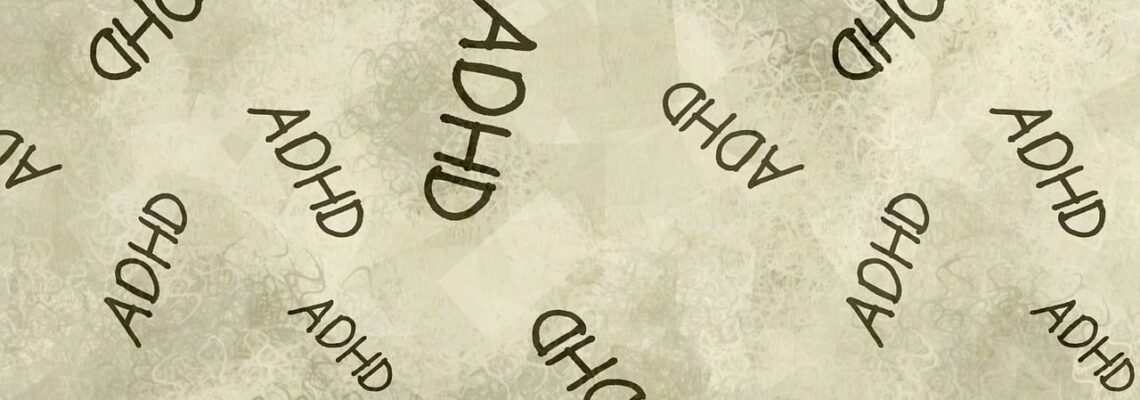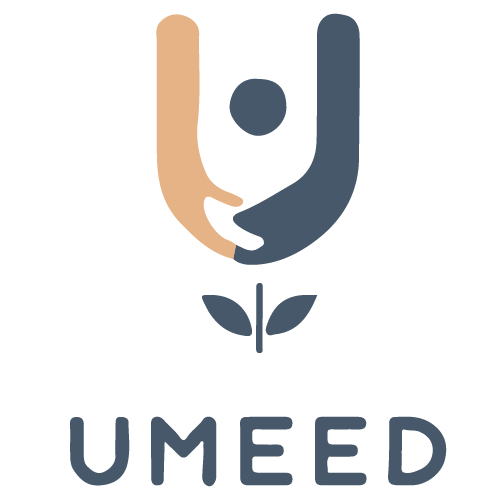
ADHD Treatment in Pakistan | Best Resources & Tips
- November 16, 2024
- 0 Likes
- 9733 Views
- 0 Comments
Attention Deficit Hyperactivity Disorder (ADHD) is a common condition that affects both children and adults. It causes difficulties in focusing, managing impulsive behaviors, and controlling hyperactivity. While awareness of ADHD in Pakistan is increasing, finding effective treatment can still be challenging for many families. This article provides a complete guide to ADHD treatment in Pakistan, including valuable resources for support.
Understanding ADHD
ADHD is a neurodevelopmental disorder that often starts in childhood and can continue into adulthood. Common symptoms include:
- Difficulty staying focused or completing tasks.
- Acting without thinking or interrupting conversations.
- Constant movement or restlessness.
Diagnosing ADHD requires expert evaluation, as these symptoms can overlap with other conditions.
Diagnosing ADHD in Pakistan
In Pakistan, the diagnosis of ADHD is carried out by professionals such as:
- Pediatricians: They evaluate physical and behavioral symptoms.
- Psychiatrists: Specialize in mental health and may prescribe medication.
- Psychologists: Use assessments to identify ADHD symptoms and guide treatment.
The diagnostic process includes:
- Collecting detailed observations from parents, teachers, and caregivers.
- Using standardized tools, like the Conners’ Rating Scale, to confirm the diagnosis.
ADHD Treatment Options in Pakistan
Treating ADHD involves a combination of medications, therapy, and lifestyle changes. Here are the main approaches:
1. Medication
Medication can help improve focus and reduce impulsive behaviors. Common options available in Pakistan include:
- Stimulants: Medications like Methylphenidate (Ritalin) are widely used but may be costly or hard to find in smaller cities.
- Non-Stimulants: Atomoxetine and guanfacine are alternatives, especially for those who experience side effects from stimulants.
Access to these medications is better in major cities like Karachi, Lahore, and Islamabad.
2. Behavioral Therapy
Therapy is an essential part of ADHD treatment, focusing on teaching strategies to manage symptoms. Options in Pakistan include:
- Child-focused Therapy: Helps children learn focus and self-control techniques.
- Parent Training: Equips parents to create a structured and supportive environment.
- Cognitive Behavioral Therapy (CBT): Effective for teenagers and adults dealing with ADHD symptoms.
Many reputable centers and therapists provide these services in Pakistan. For example, platforms like Umeed specialize in mental health support and offer treatments tailored to ADHD. They focus on delivering evidence-based care for children and adults.
3. Educational Support
Children with ADHD often need special accommodations to succeed in school, such as:
- Extra time for exams or assignments.
- Simplified instructions and visual aids.
- Collaboration between teachers and mental health professionals.
Some private schools in Pakistan, especially in urban areas, are beginning to provide specialized support for students with ADHD.
4. Lifestyle Changes
Making small changes in daily routines can improve ADHD symptoms significantly:
- Structured Routine: Following a daily schedule can help children feel more in control.
- Healthy Diet: A balanced diet with fewer sugary foods and more vegetables and proteins can enhance focus.
- Exercise: Physical activities like running or swimming can reduce hyperactivity.
Parental involvement is crucial in maintaining these lifestyle adjustments.
Challenges in ADHD Treatment in Pakistan
While there are many treatment options, families in Pakistan still face these challenges:
1. Awareness
Limited awareness means many parents and teachers do not recognize ADHD as a medical condition. This often delays diagnosis and treatment.
2. Social Stigma
Mental health issues, including ADHD, are often misunderstood and stigmatized. Families may hesitate to seek professional help for fear of judgment.
3. Cost of Treatment
Therapy sessions and medications can be expensive for middle and lower-income families. Imported medications are particularly costly, making them inaccessible for many.
Where to Seek Help in Pakistan
Families looking for ADHD treatment in Pakistan can explore the following options:
- Umeed: This mental health platform offers comprehensive ADHD treatment and support, including therapy and guidance for families. Their services are tailored to meet the needs of children and adults facing ADHD challenges.
- Visit their website at umeed.com.pk for more information.
- Hospitals: Major hospitals like Aga Khan University Hospital (Karachi), Shifa International Hospital (Islamabad), and Ittefaq Hospital (Lahore) have psychiatrists and psychologists who can diagnose and treat ADHD.
- Private Clinics: Many child psychologists and psychiatrists in urban centers like Lahore, Karachi, and Islamabad specialize in ADHD treatment.
- Online Resources: Virtual therapy and consultations are becoming more popular, providing greater accessibility to families in remote areas.
Improving ADHD Awareness in Pakistan
Efforts to improve ADHD care in Pakistan should include:
- Public Awareness Campaigns: Educating parents, teachers, and communities about ADHD symptoms and treatment options.
- Reducing Stigma: Encouraging open conversations about mental health to make it easier for families to seek help.
- Affordable Care: Advocating for government and private sector initiatives to make ADHD treatment more accessible and affordable.
Final Thoughts
ADHD treatment in Pakistan is gradually improving as awareness grows and more professionals specialize in this area. Early diagnosis, combined with medication, therapy, and lifestyle adjustments, can make a significant difference for those living with ADHD. Platforms like Umeed and other healthcare providers are paving the way for better support.
If you or someone you know is struggling with ADHD, don’t hesitate to seek professional guidance. With the right care, individuals with ADHD can lead fulfilling and successful lives.
FAQs About ADHD Treatment in Pakistan!
Is ADHD medication available in Pakistan?
Methylphenidate is typically the first medicine prescribed for most children, and the first course of treatment should be a trial. Other stimulants used to treat ADHD include pemoline and dextroamphetamine. Although they are not yet accessible in Pakistan, long-acting methylphenidate formulations, such as concerta, are also readily available and frequently recommended.
What is the most successful treatment for ADHD?
The most well-known and frequently prescribed drugs for ADHD are stimulants. When taking these short-acting drugs, 70–80% of kids with ADHD experience fewer symptoms.
Can an ADHD child live normal life?
The frequent and severe behavioral issues that children with attention deficit hyperactivity disorder (ADHD) experience make it difficult for them to lead regular lives.
Is ADHD a disability in Pakistan?
Both learning disorders (LD) and attention deficit hyperactivity disorder (ADHD) are still common throughout the world and are thought to be very prevalent in Pakistan. For these disorders to have positive clinical and functional outcomes, early diagnosis and intervention are essential.
What percentage of Pakistan has ADHD?
In Pakistan, 7.2% of young people were found to have ADHD5. With measurements that are not linguistically or culturally sensitive, the majority of research have focused on children for diagnostic purposes, employing parents, teachers, and hospitals or special institutions as informants5.
Are ADHD pills safe?
They are generally regarded as safe, despite the possibility of adverse effects. You and your doctor have a lot of options if one of the different kinds of ADHD drugs doesn’t work for you. Simply exercise patience. It may take some time to determine the appropriate drug and dosage.
